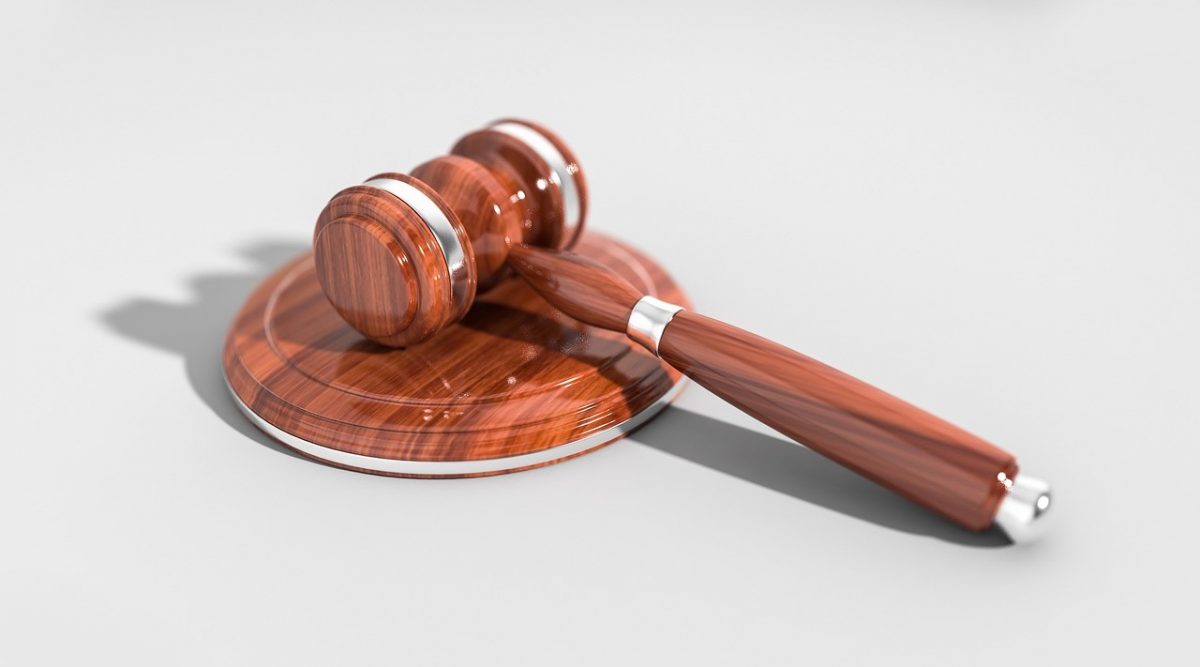“The Motion before the Court challenges the legality of Special Counsel Smith,” Judge Cannon writes. “[The defense challenges Smith’s] appointment under the Appointments Clause, which provides the exclusive means for appointing ‘Officers of the United States’…[t]he Appointments Clause sets as a default rule that all ‘Officers of the United States’ – whether ‘inferior’ or ‘principal’ – must be appointed by the President and confirmed by the Senate…[i]t then goes on to direct that ‘Congress may by Law vest the Appointment of such inferior Officers, as they think proper, in the President alone, in the Courts of Law, or in Heads of Departments.’”
Accepting Smith’s contention that he is an “inferior” officer, appointed by a “Head of Department,” Judge Cannon finds that there is no act of Congress which authorizes either Attorney General Garland to make this appointment or to establish the office of a Special Counsel. The challenge based upon the Appointments Clause “raise[s] the following threshold question: is there a statute in the United States Code that authorizes the appointment of Special Counsel Smith to conduct this prosecution? After careful study of this seminal issue, the answer is no. None of the statutes cited as legal authority for the appointment…gives the Attorney General broad inferior-officer appointing power or bestows upon him the right to appoint a federal officer with the kind of prosecutorial power wielded by Special Counsel Smith.”
“The bottom line is this,” Judge Cannon states. “The Appointments Clause is a critical constitutional restriction stemming from the separation of powers, and it gives to Congress a considered role in determining the propriety of vesting appointment power for inferior officers. The Special Counsel’s position effectively usurps that important legislative authority, transferring it to a Head of Department, and in the process threatening the structural liberty inherent in the separation of powers. If the political branches wish to grant the Attorney General power to appoint Special Counsel Smith to investigate and prosecute this action with the full powers of a United States Attorney, there is a valid means by which to do so. He can be appointed and confirmed through the default method prescribed in the Appointments Clause, as Congress has directed for United States Attorneys throughout American history…or Congress can authorize his appointment through enactment of positive statutory law consistent with the Appointments Clause.”
Since none of these methods were used to secure the appointment of Jack Smith as Special Counsel, Judge Cannon concludes, as Justice Thomas discussed, Smith’s appointment was illegal, and his actions to date have no legal authority. Therefore, the indictment he filed against former President Trump in Florida federal court must be dismissed.
Besides Smith’s appeal of Judge Cannon’s decision to the Eleventh Circuit, we can expect Judge Chutkin in Washington DC to take up this issue as she conducts her review of the January 6 indictment. However, based upon the bias Judge Chutkin has already exhibited against Donald Trump during the sentencing of a series of January 6 Capitol rioters (in which she bemoaned the fact that the person responsible for the riot was not before her to answer for his actions), we can expect Judge Chutkin to find a way to let Smith’s appointment stand.
More likely than not, the DC Court of Appeals will endorse whatever decision Judge Chutkin makes, as they have done in the past. If the Eleventh Circuit upholds Judge Cannon’s decision, this will set up conflicting opinions between the Circuits. a situation the US Supreme Court usually resolves. Even if the Eleventh Circuit does not uphold Judge Cannon’s decision, given the interpretation of the Constitution in question here, the Supreme Court is most likely to take up the issue.
We will then see if a majority of the Supreme Court agrees with the opinion expressed by Justice Clarence Thomas.
Judge John Wilson (ret.) served on the bench in NYC
Illustration: Pixabay
